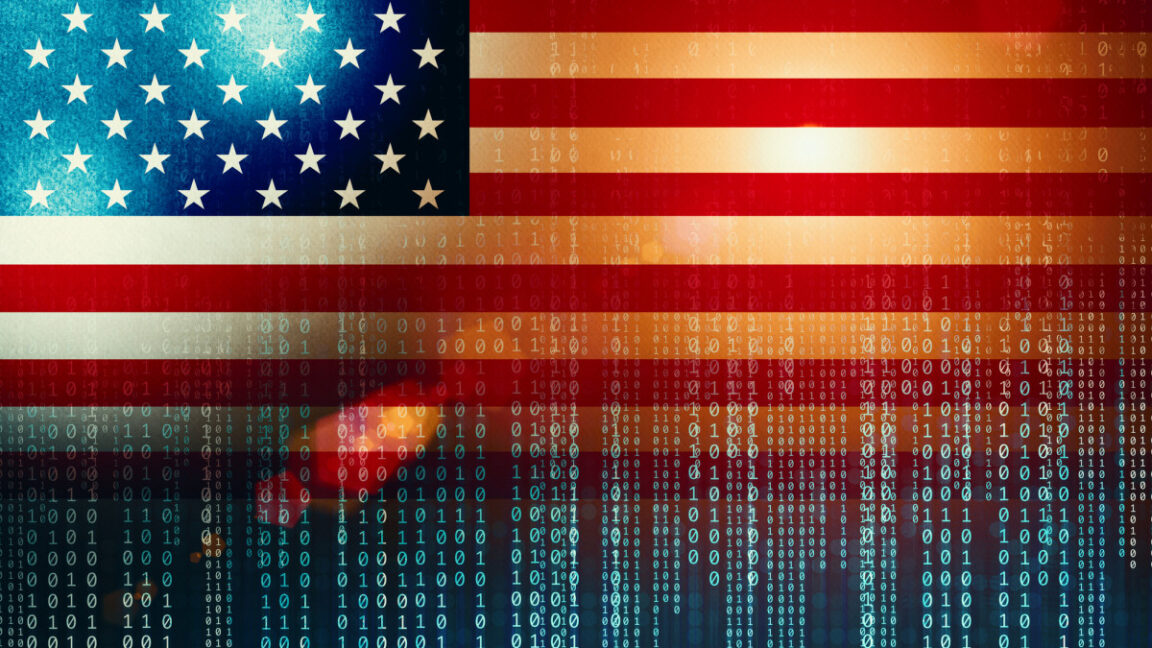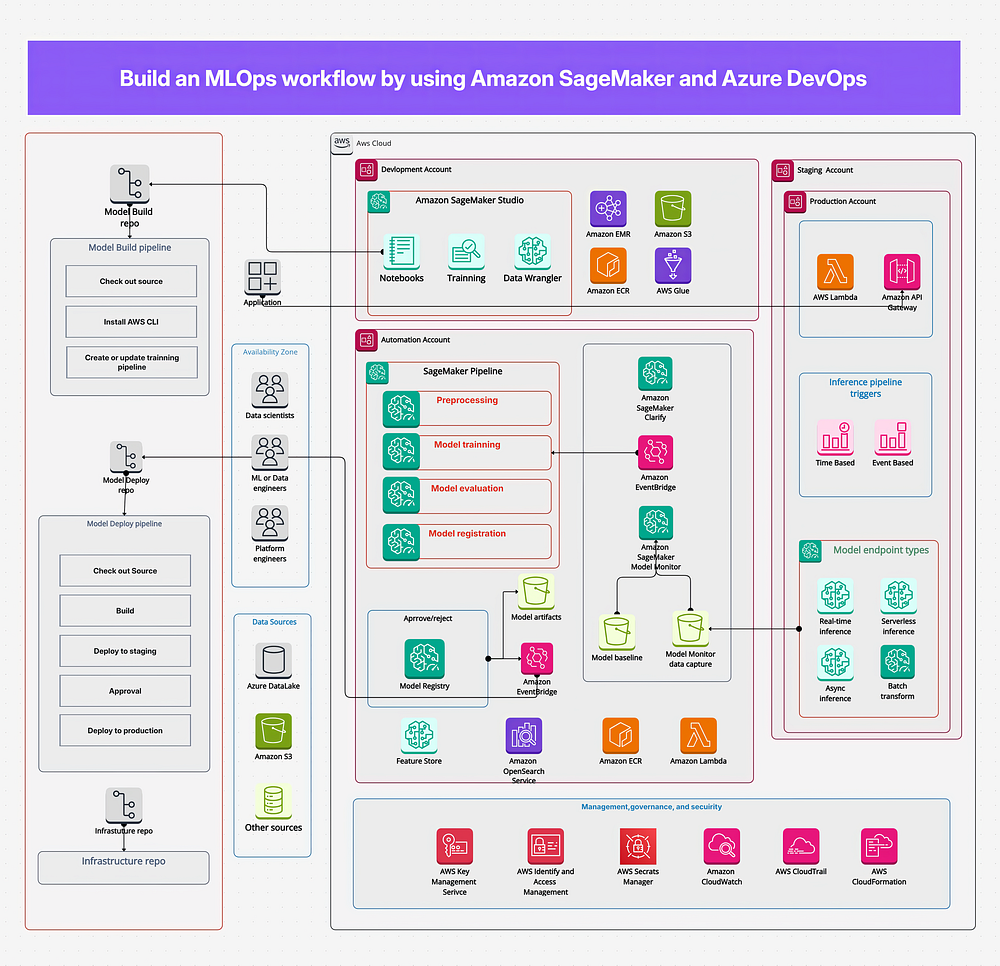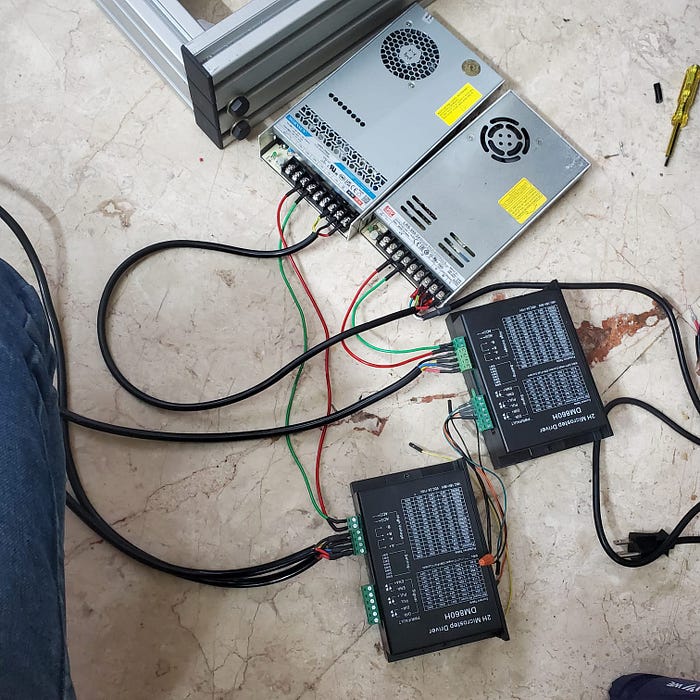Introduction to Chip Export Controls
The Biden administration introduced a framework for regulating AI chip exports, which included a three-tiered system. This system allowed for different levels of access to advanced chips for various countries. The first tier consisted of 17 countries, plus Taiwan, which could receive unlimited advanced chips. The second tier, comprising roughly 120 countries, faced restrictions on the number of chips they could import. The third tier, which included countries like China, Russia, Iran, and North Korea, was entirely blocked from accessing these chips.
Changes to the Existing Framework
However, it has been reported that Commerce Department officials are reconsidering this tiered system. According to Reuters, officials stated that they "didn’t like the tiered system" and found it "unenforceable." As a result, the administration is debating a new approach to replace the existing framework. The original rule was set to take effect on May 15, but no timeline has been established for the new rule.
Proposed New Approach
Reports suggest that the Trump administration might adopt a global licensing system with government-to-government agreements. This could involve direct negotiations with nations like the United Arab Emirates or Saudi Arabia, rather than applying broad regional restrictions. The Commerce Department spokeswoman indicated that debate about the new approach is still underway, and no final decision has been made.
Implications of the New Approach
The proposed global licensing system could have significant implications for the export of AI chips. It could allow for more targeted and nuanced restrictions, rather than the broad tiers of the original system. However, it also raises questions about the potential for favoritism and inconsistent application of the rules.
Conclusion
The Biden administration’s framework for regulating AI chip exports is undergoing significant changes. The original tiered system is being reconsidered, and a new approach is being debated. The proposed global licensing system could offer a more flexible and targeted approach to regulating AI chip exports, but it also raises important questions about fairness and consistency.
FAQs
- What was the original framework for regulating AI chip exports?
The original framework consisted of a three-tiered system, with different levels of access to advanced chips for various countries. - Why is the tiered system being reconsidered?
Commerce Department officials found the tiered system "unenforceable" and are debating a new approach to replace it. - What is the proposed new approach?
The proposed new approach involves a global licensing system with government-to-government agreements, which could allow for more targeted and nuanced restrictions. - When will the new rule be implemented?
No timeline has been established for the new rule, as the debate about the best approach is still ongoing.











